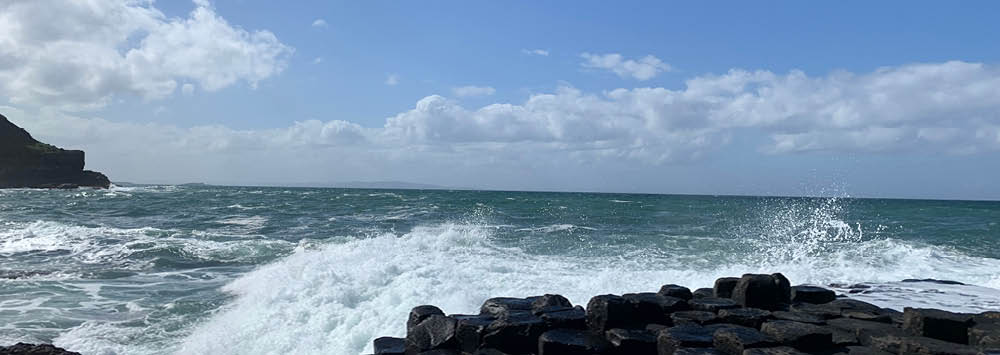On Wednesday 10 April 2024, the Liverpool Law School will convene a workshop on ‘Legal aspects of reform to the 1998 Belfast/Good Friday Agreement’.
The 1998 Belfast/Good Friday Agreement largely ended the 30-year conflict in Northern Ireland known as ‘the Troubles’. Now, more than 25 years after its conclusion, the continued instability of devolved government in Northern Ireland has seen increased calls for reform of the institutions created by the 1998 Agreement. Most recently, a November 2023 report by the House of Commons Northern Ireland Affairs Committee recommended specific changes to the Strand One institutions, and that the UK government commission a formal review of the institutions of the Agreement, with a view to making recommendations for reform.
Yet, despite the increased attention being paid to the question of reform, there has been little analysis of the legal processes by which changes to the various institutions established by the Agreement could be made. The terms of the peace settlement are contained in a multi-party political agreement, a bilateral international treaty, and UK and Irish domestic legislation and constitutional law, which cross-refer to each other to define the political commitments and legal obligations they create. The 1998 Agreement thus gave rise to a complex legal framework, comprising instruments that differ in their content, bind different actors, and have different processes for their interpretation and modification.
Call for papers
In this context, this workshop seeks to bring together experts from academia and from practice to identify and explore the legal issues raised by future reform of the 1998 Agreement. The workshop invites papers that engage with this theme, including, but not limited to, the following issues:
• Political prerequisites for reform of the 1998 Agreement: who should be consulted and how?
• What changes to UK legislation and constitutional practice would be required to reform the Northern Ireland political institutions, and what impact might such reforms have on the UK’s territorial constitution more generally?
• In the Republic of Ireland, what constitutional issues might be raised by reform of the 1998 Agreement? Would a referendum on amendment be required?
• What are the implications of the international obligations created by the British-Irish Agreement for any future reform process? Does international law – e.g. international human rights law, the right of self-determination – impose any further requirements on the nature or process of reform?
• How might different processes of legal change be required to reform different aspects of the 1998 Agreement e.g. reform of the Strand One, Two or Three institutions, or changes to the ‘Rights, Safeguards and Equality of Opportunity’ provisions.
• How, if at all, does the additional layer of legal regulation created by the EU-UK Withdrawal Agreement impact future reform of the 1998 Agreement?
• Although the workshop will focus on Northern Ireland, relevant comparative approaches, for example drawing on experiences of implementation and change to consociational peace settlements elsewhere, are also welcome.
Abstracts of no more than 500 words, accompanied by a one-page CV, should be submitted to:
1998agreementworkshop@liverpool.ac.uk.
The deadline for submission is 28 January 2024 and applicants will be informed of the selection decision by mid-February. Selected speakers will be expected to submit an extended abstract of 3,000 words ahead of the workshop. Submissions from early-career scholars are encouraged.
The one-day workshop will take place on Wednesday 10 April 2024 in hybrid format at the School of Law and Social Justice, University of Liverpool, UK, with the possibility for participants to join online if necessary. Discussions at the workshop will take place under the Chatham House rule. Some funding will be available towards travel and accommodation costs of selected speakers.
Any queries should be directed to Dr Katie Johnston (katie.johnston@liverpool.ac.uk).
Back to: Liverpool Law School
